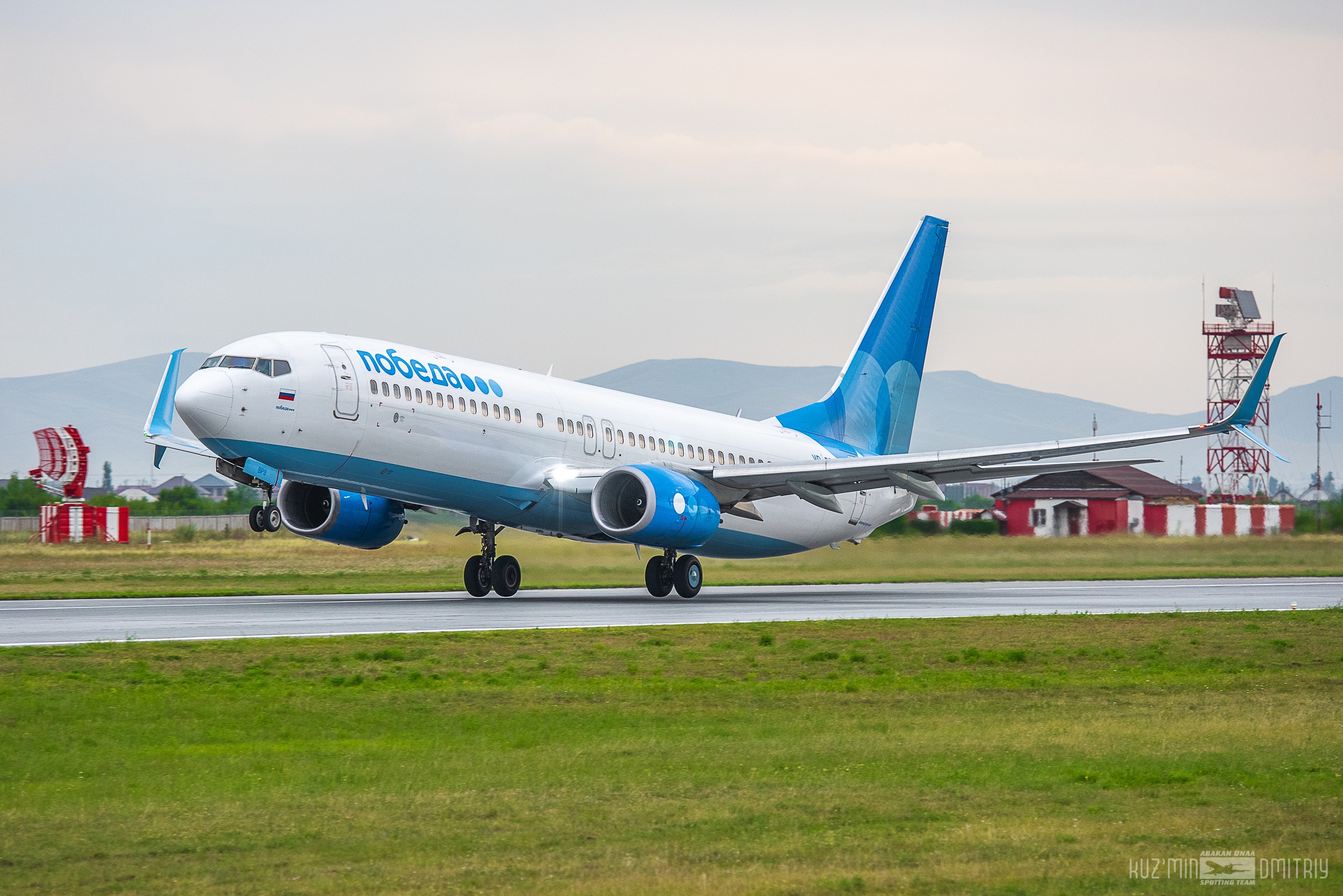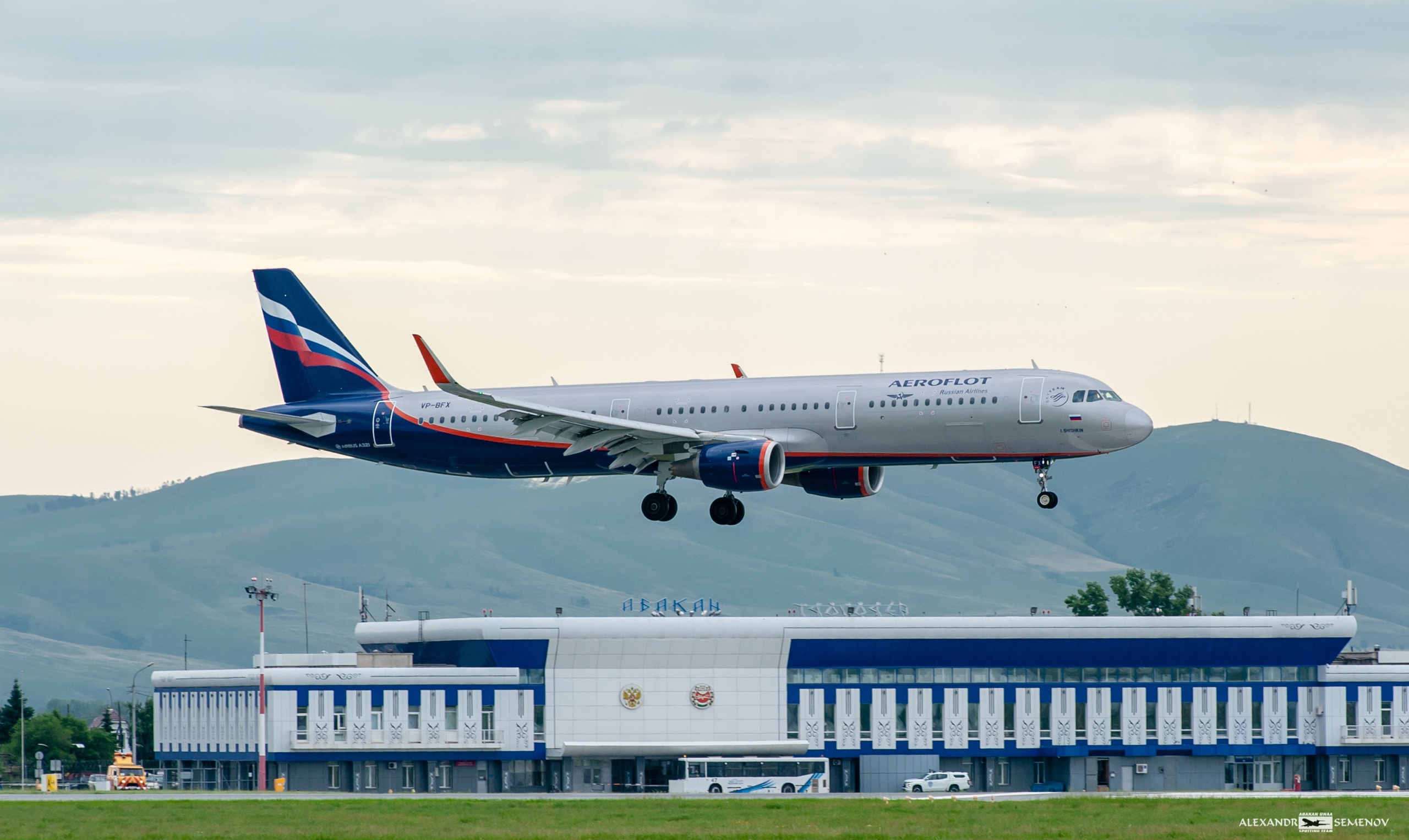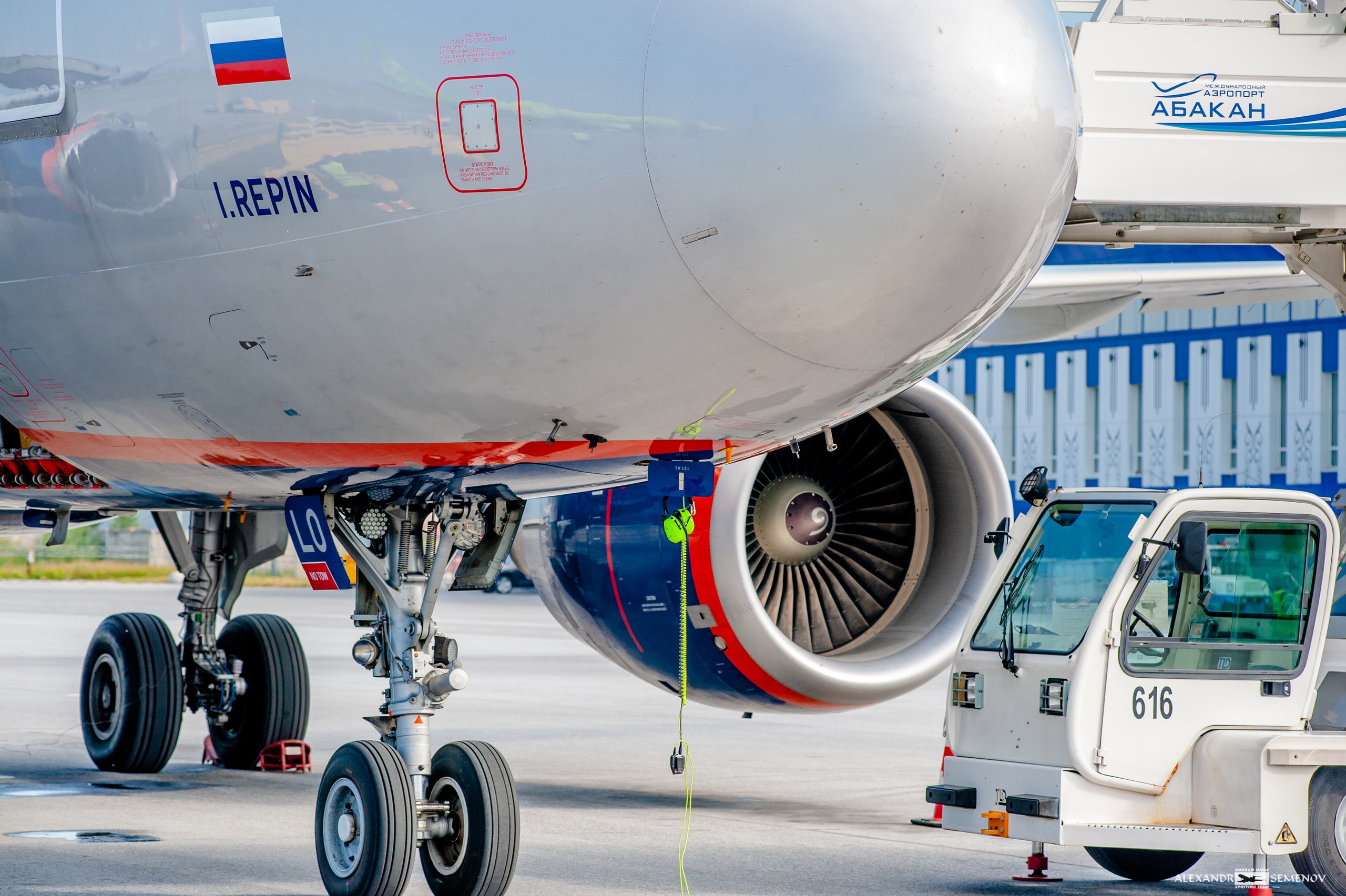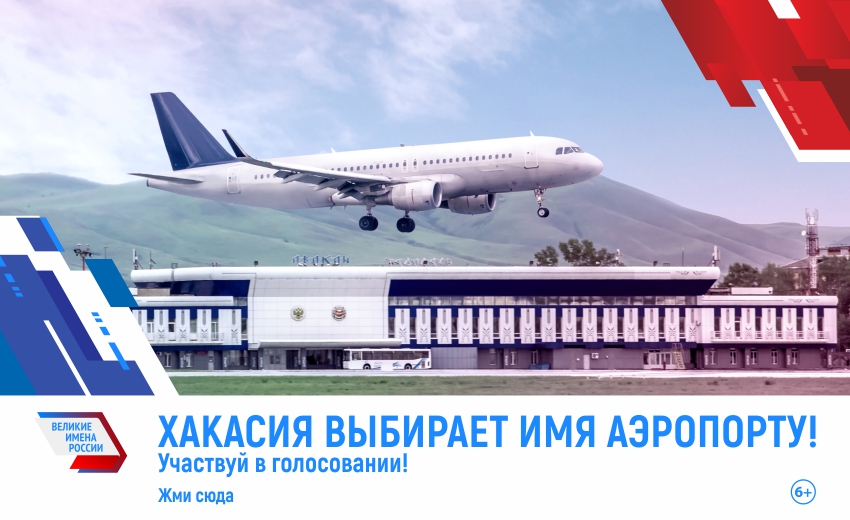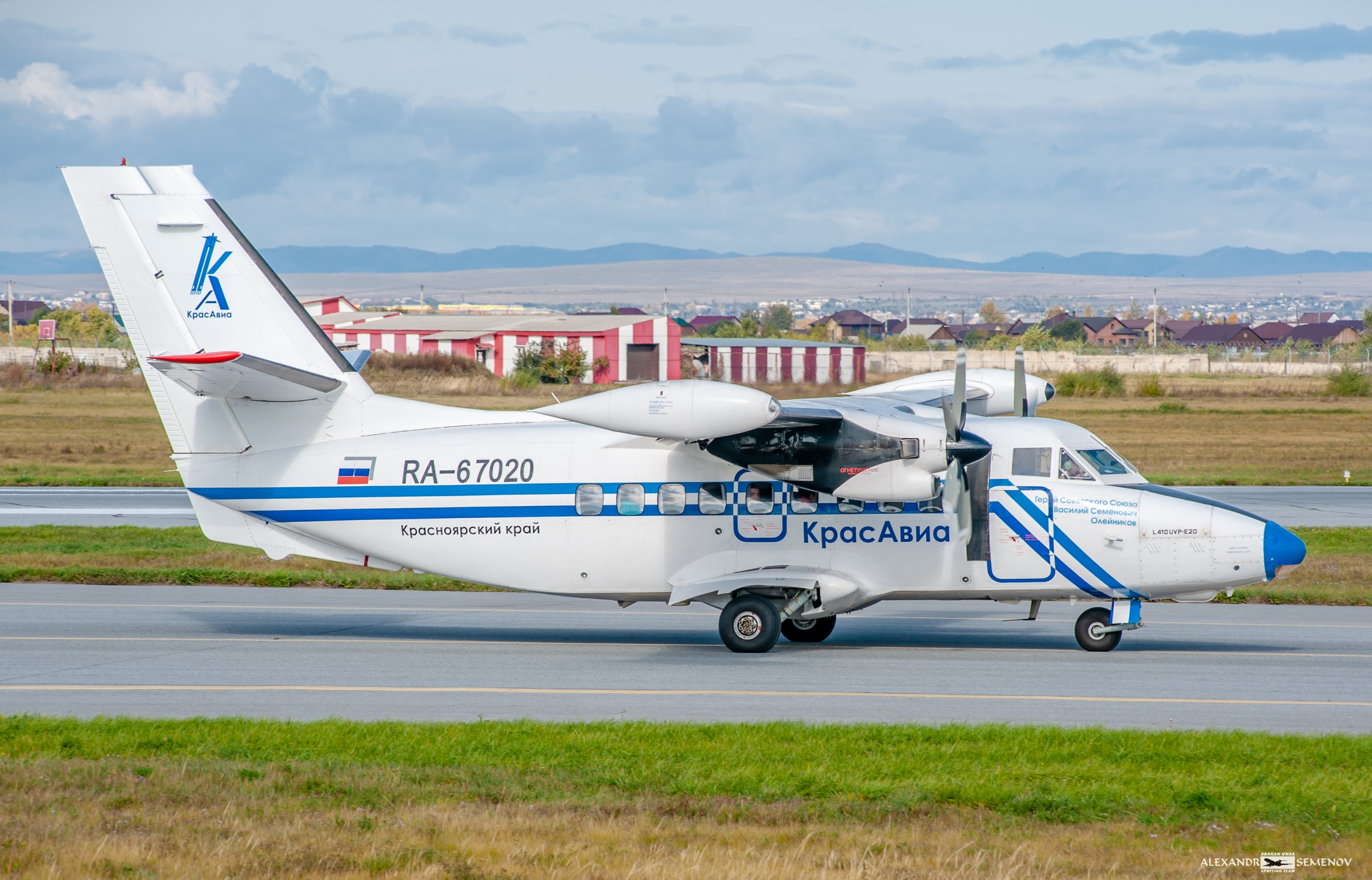Аэропорт Абакан о работе в роли запасного аэродрома
- Published in 2021
- Be the first to comment!
Лесные пожары, которые бушуют в Сибири, частично парализуют работу аэропортов. Так в прошедшие дни международный аэропорт Абакан имени В. Г. Тихонова сработал в качестве запасного для международного аэропорта Красноярск им. Д. А. Хворостовского.
7 августа международный аэропорт Абакан имени В. Г. Тихонова обслужил три Боинга – 738:
- авиакомпании «Utair» следовавшей по направлению Москва – Красноярск, в салоне было 185 пассажиров, 35 из них сошли в Абакане;
- авиакомпании «Победа», следовавшей по направлению Сочи – Красноярск, на борту находилось 178 пассажиров, 17 из них остались в Абакане;
- авиакомпании «NordStar» следовавшей по направлению Москва – Красноярск, в салоне находилось 160 пассажиров, 19 из них сошли в Абакане.
8 августа в столице Республики Хакасия было принято два воздушных судна:
- А-320 авиакомпании «Россия», следовавшей по направлению Санкт-Петербург – Красноярск на борту находилось 115 пассажиров, 4 из них остались в Абакане;
- В-738 авиакомпании «Utair» следовавшей по направлению Москва – Красноярск, в салоне было 162 пассажира, 9 из них сошли в Абакане.
10 августа воздушная гавань Хакасии приняла В-738 авиакомпании «Победа», следовавшей по направлению Анапа – Красноярск, в салоне было 187 пассажиров, 10 из них остались в Абакане.
«Все службы аэропорта Абакан справились с принятием самолетов, направляющихся в Красноярск. Работа велась в штатном режиме, никаких неудобств и накладок у нас не было. Более того, мы в любое время готовы принимать самолеты в качестве запасного аэропорта, ресурсов у нас на это хватит», - Юлия Чукурна начальник ПОАП, ПГП АО «Аэропорт Абакан».
По словам начальника СЭАПиСТ АО «Аэропорт Абакан» Дениса Овсянникова: «В сложившейся ситуации все службы аэропорта работали оперативно. Аэропорт справился с обслуживанием прибывающих друг за другом самолетов за короткий промежуток времени. Спецтранспорта и сотрудников нам хватило. Могли бы обслужить и ещё, если бы это потребовалось».
Отметим, что воздушная гавань Хакасии в круглосуточном режиме готова принимать гражданские и грузовые самолеты, как российских, так и зарубежных перевозчиков, а в ближайшее время планирует получить допуск к приему/выпуску нового для нее типа ВС Boeing 777 Freighter. Аэропорт Абакан готов к новому этапу развития.







